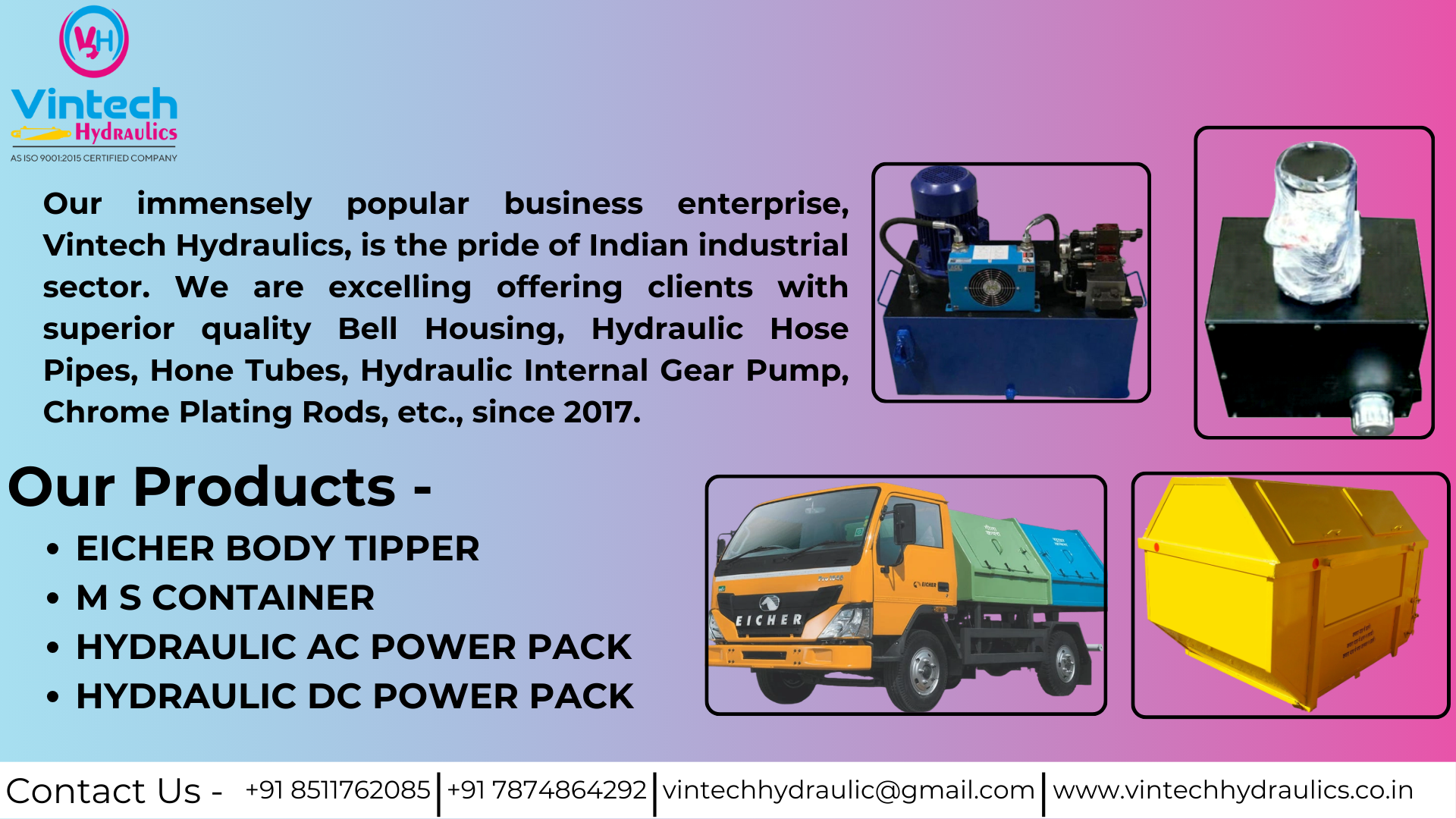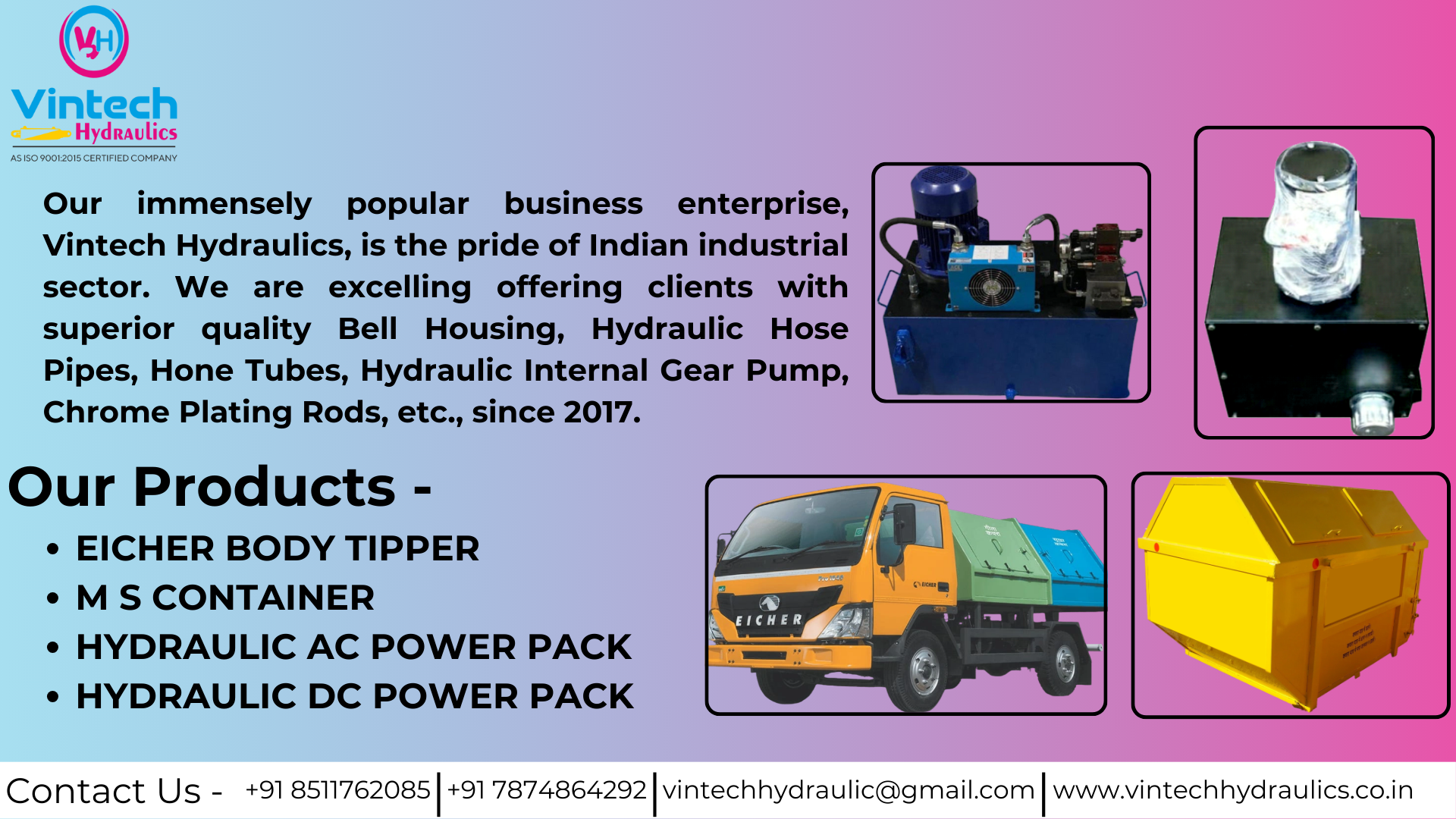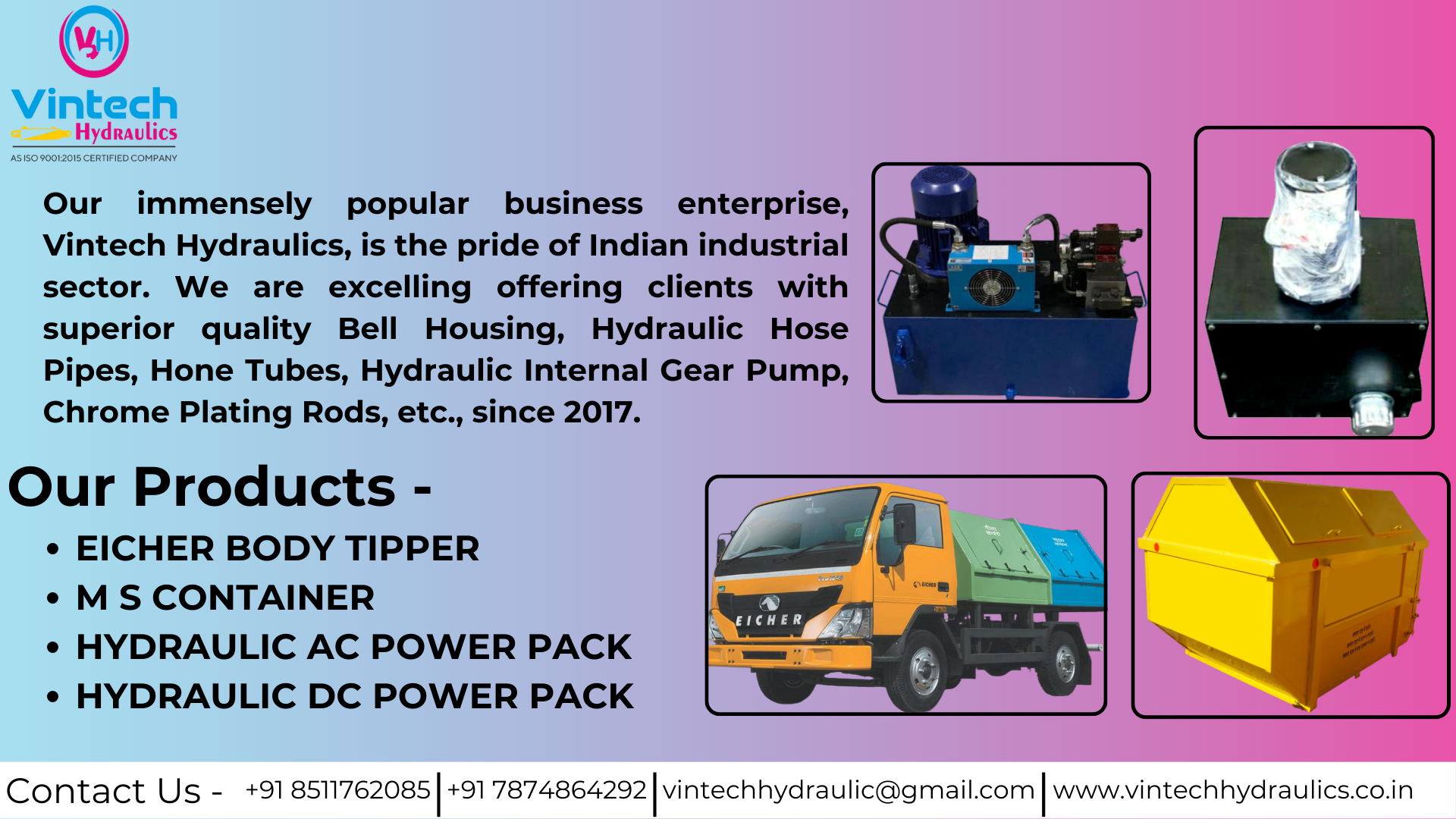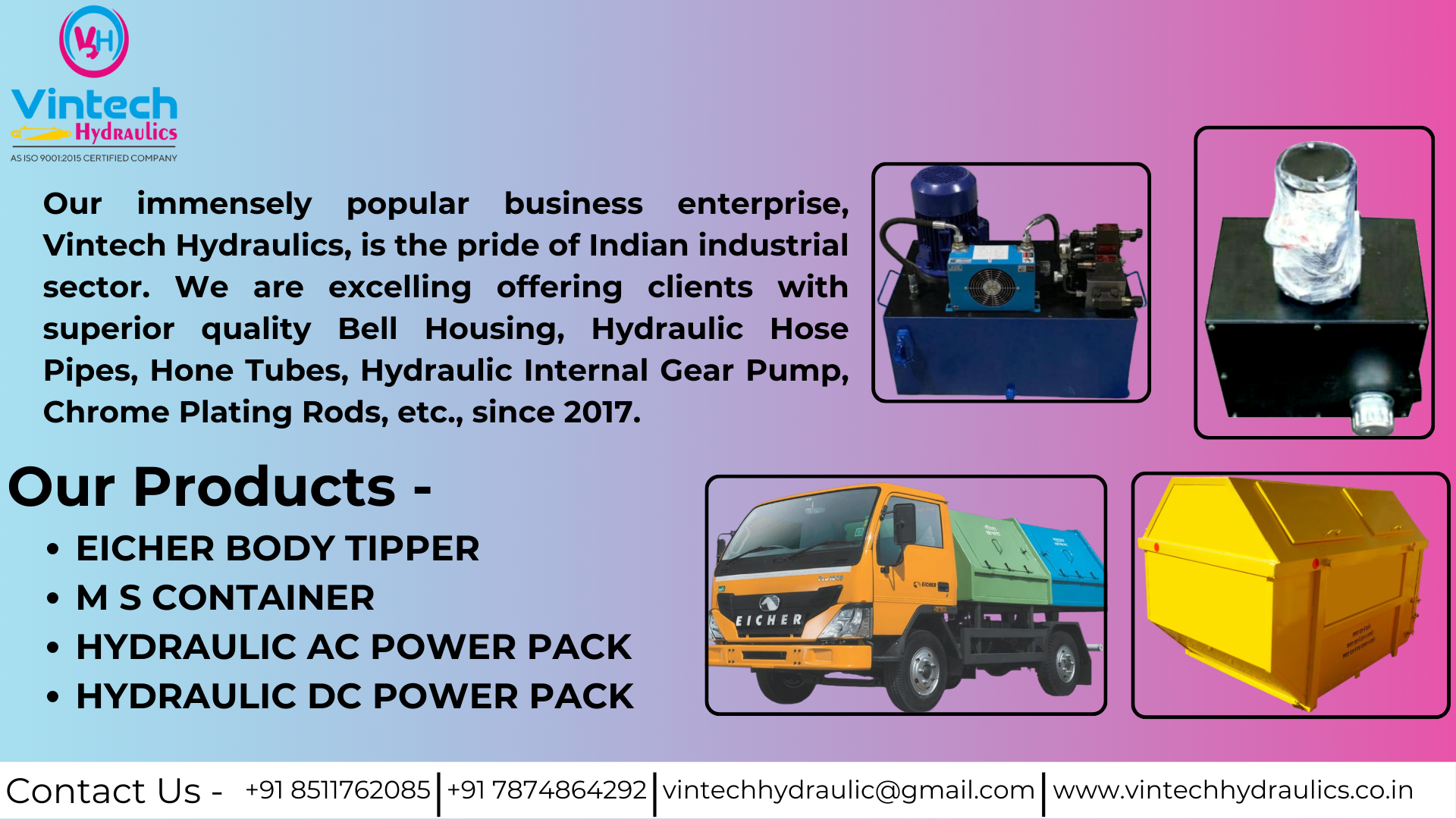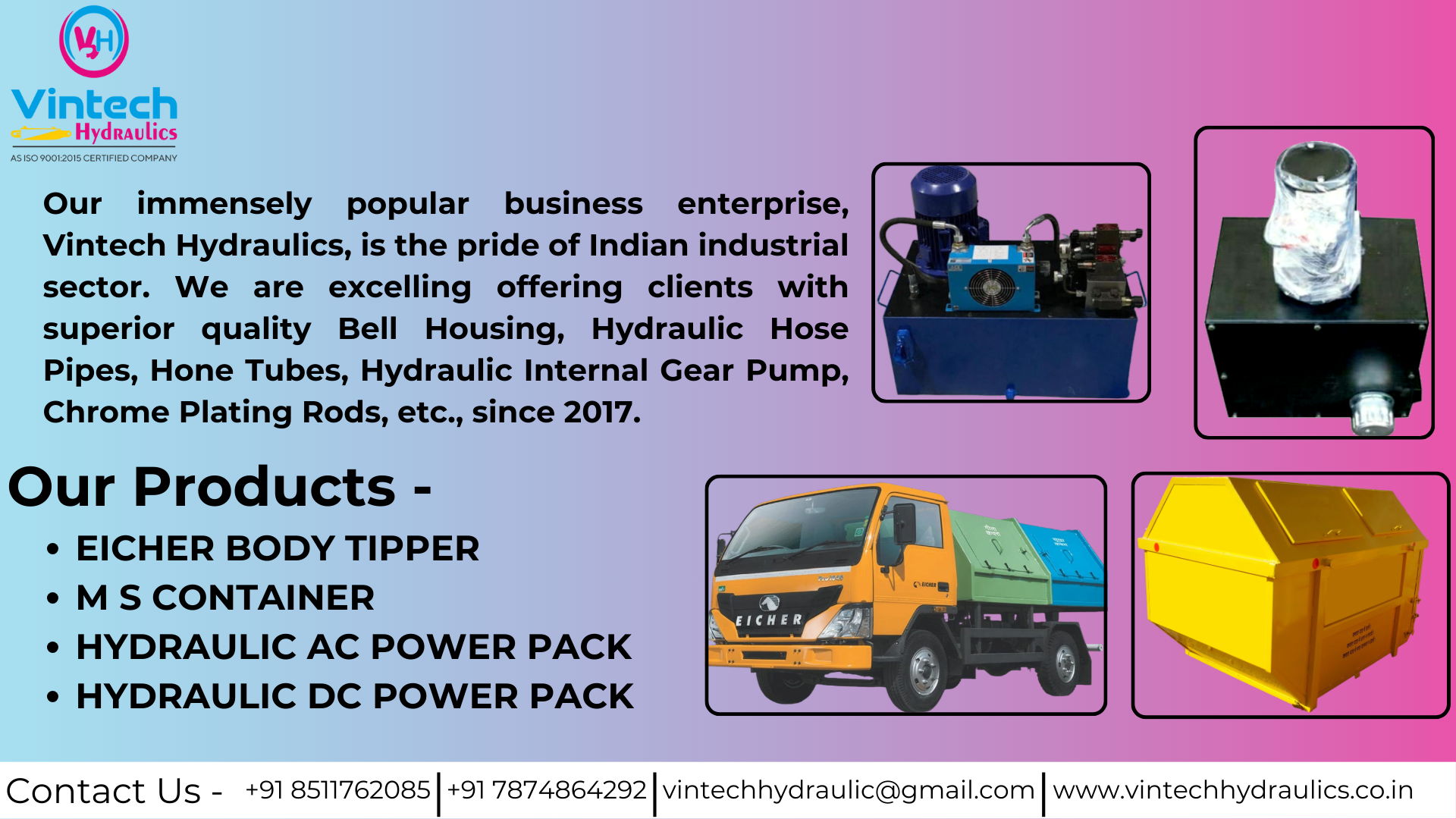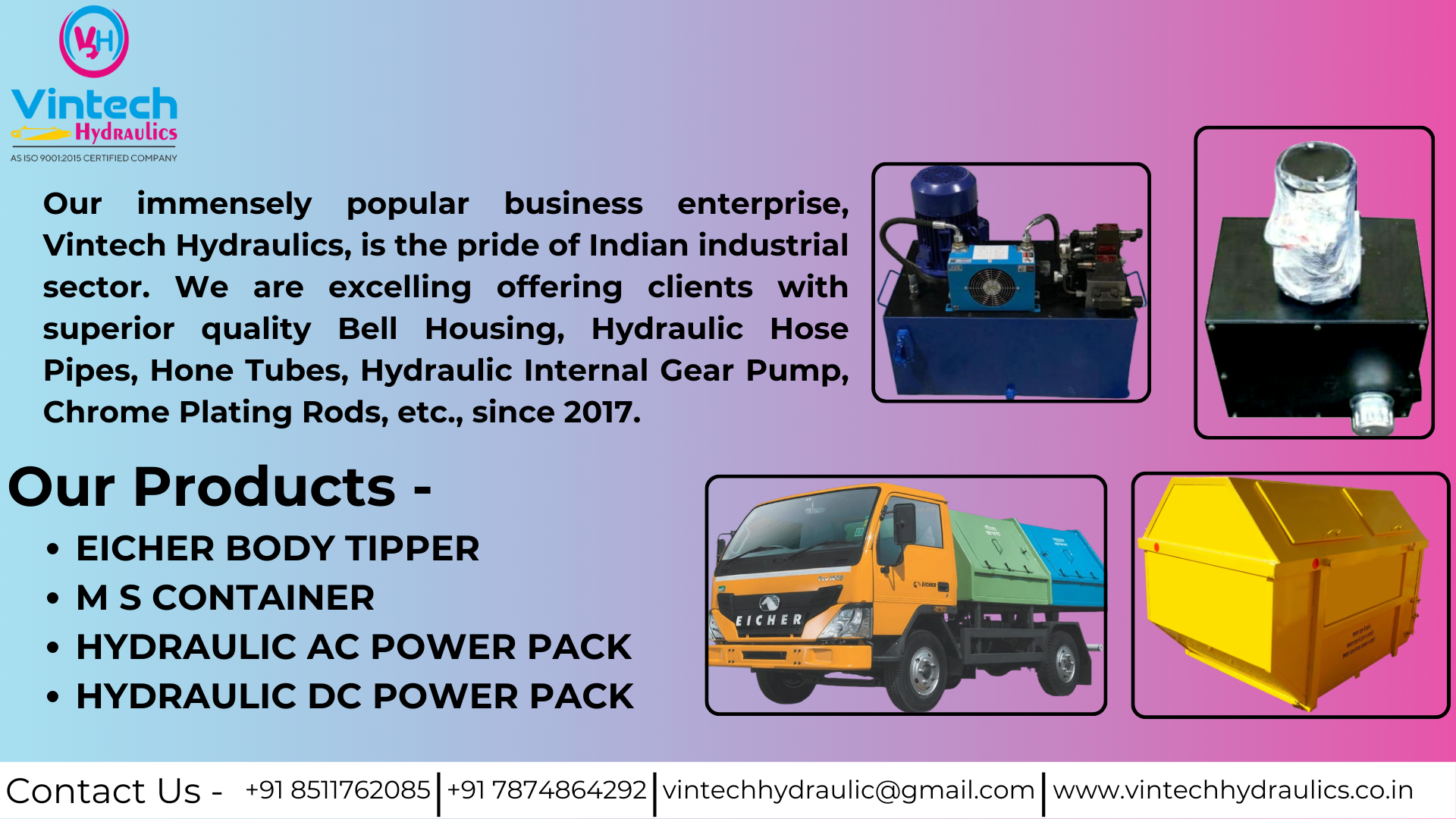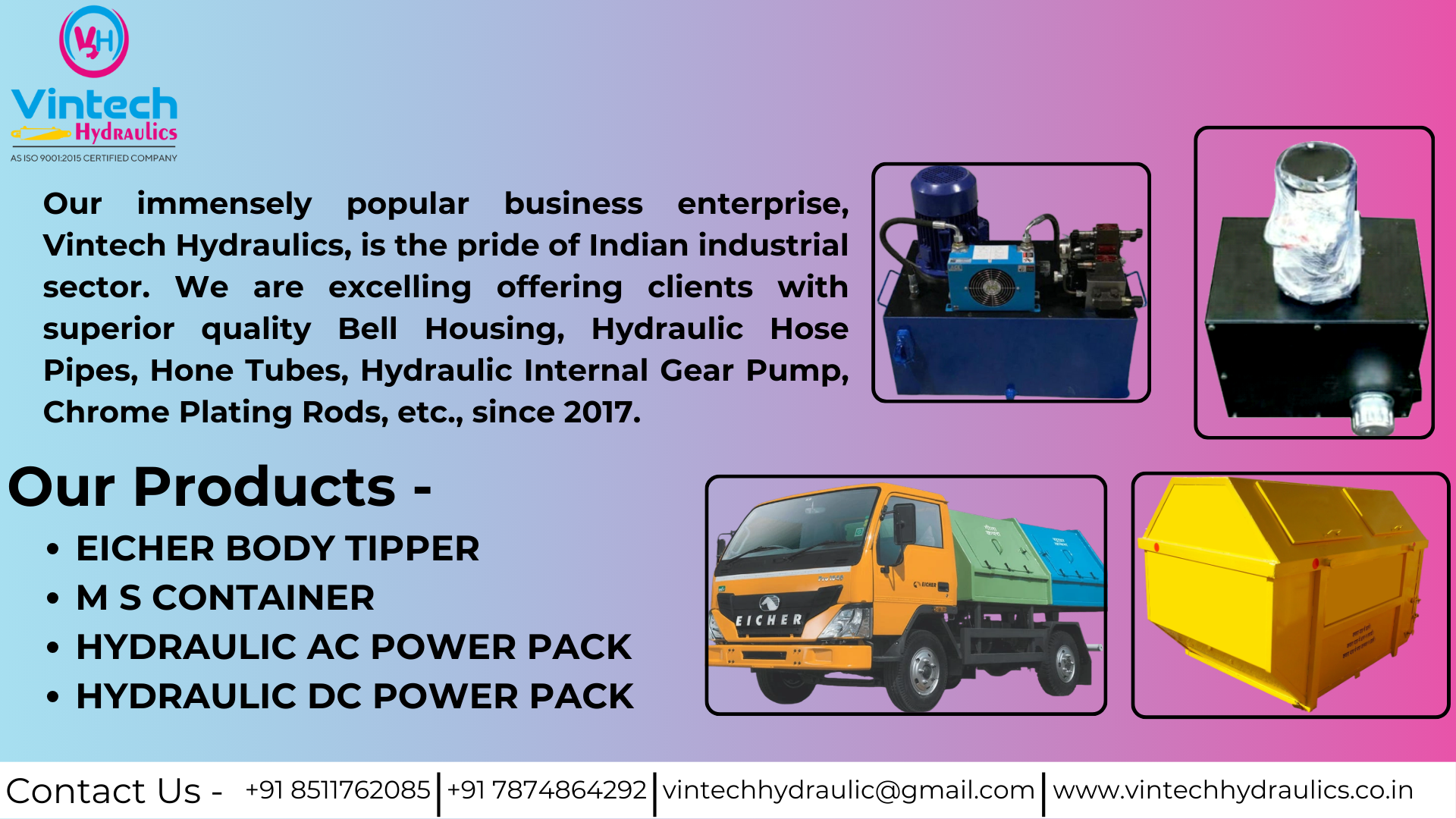
Hydraulic Baling Press Machine
Hydraulic Baling Press Machine
Description
A Hydraulic Baling Press Machine is an industrial machine designed to compress various waste materials into compact bales for easier handling, storage, and transportation. Powered by hydraulic pressure, it is used to bale scrap metals, plastic, cardboard, paper, fabric, cotton, PET bottles, and more. These machines are crucial in recycling, textile, manufacturing, and warehousing sectors where waste management and space optimization are essential.
How It’s Made
-
Frame Fabrication
-
The body is built from heavy-duty MS steel for durability and high-pressure handling.
-
-
Hydraulic System
-
Fitted with hydraulic cylinders, oil reservoir, valves, and motor pump to generate compressive force.
-
-
Platen & Chamber Design
Electrical Panel
-
PLC or push-button based panel for operating hydraulic functions with emergency stop.
-
-
Bale Ejection Mechanism
-
Options include manual, semi-automatic, or fully automatic ejection via hydraulic pushers or doors.
-
-
Safety Features
-
Includes interlocks, pressure gauges, emergency cutoffs, and overload protection.
-
Where It’s Used
-
Scrap yards and recycling units
Paper and packaging industries
-
Plastic processing companies
-
Printing press waste handling
-
Supermarkets and warehouses
Key Features
-
Single, double, or triple compression models
-
Vertical or horizontal configurations
High tonnage hydraulic cylinders (10–200 Tons)
-
Automatic bale tying (optional)
-
Customizable bale size and chamber dimensions
Importance
Advantages
Efficient Handling: Easier to store and transport compressed bales
-
Time-Saving: Speeds up material processing compared to manual handling
-
Cost-Effective: Lowers labor and logistics costs
-
Eco-Friendly: Promotes recycling and responsible waste disposal
-
Robust Construction: Built for long-term industrial use
Significance
With increasing focus on sustainability and resource recovery, Hydraulic Baling Press Machines are critical in driving India's recycling and waste management goals. Their adoption helps industries comply with environmental regulations, achieve zero-waste targets, and contribute to cleaner production.
Why Choose a Hydraulic Baling Press Machine
-
Available in manual, semi-automatic, and fully automatic versions
-
Built to suit specific industries (metal, plastic, textile, paper)
-
Indian manufacturers offer quick service and spare support
Lower maintenance and long machine life with proper care
Prices in India
Pricing varies based on size, type, tonnage, and automation level:
Double Cylinder Semi-Automatic Baler: ₹4 – ₹7 Lakhs
-
Triple Action Hydraulic Baler (industrial metal scrap): ₹10 – ₹25 Lakhs
-
Fully Automatic Horizontal Baler (large-scale): ₹30 – ₹60 Lakhs+
Optional add-ons like conveyor feeding, auto tying, or PLC control may affect the price.
FAQs
1. What materials can be baled?
Plastic, paper, fabric, metal scrap, cardboard, PET bottles, cotton, and more.
2. What is the difference between vertical and horizontal balers?
Vertical balers are compact and cost-effective for lower volumes. Horizontal ones are for high-capacity industrial use.
3. What power source is required?
Generally 3-phase power (5 HP to 25 HP motor) depending on machine size.
4. Can bale size be customized?
Yes, chamber and bale dimensions can be customized as per user needs.
5. Is operator training needed?
Basic training is sufficient. Machines are user-friendly with safety features.
6. How often does the hydraulic oil need to be changed?
Typically after 6–12 months of operation depending on usage intensity.
7. What is the production capacity?
Depends on model – from 1 bale every 5 minutes (manual) to 5+ bales/hour (automatic).
8. Are spare parts easily available in India?
Yes, most Indian manufacturers provide prompt spare and service support.
9. Is the machine mobile or fixed?
Vertical balers may have wheels, but heavy-duty balers are fixed installations.
10. Is it suitable for export packaging material?
Yes, baled materials are ideal for compact export packing and international logistics.
Conclusion
A Hydraulic Baling Press Machine is an essential investment for businesses dealing with large volumes of recyclable or bulky materials. It not only streamlines storage and transportation but also contributes to sustainable waste management practices. With wide applications across multiple industries and growing demand in India, this machine offers excellent ROI and long-term operational value.
